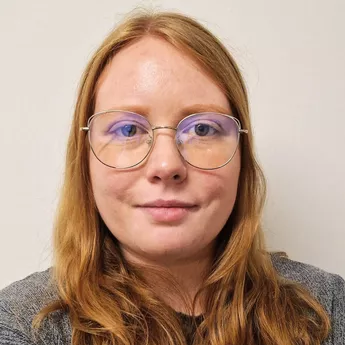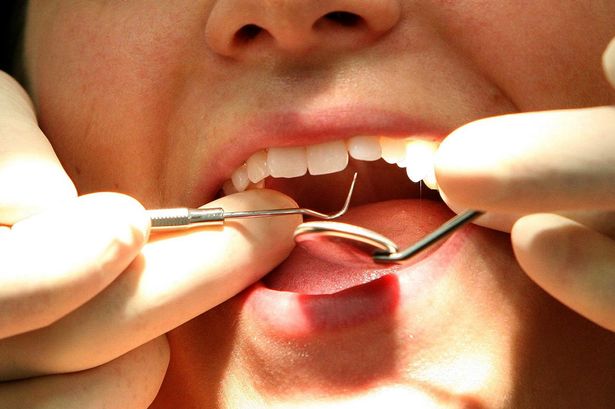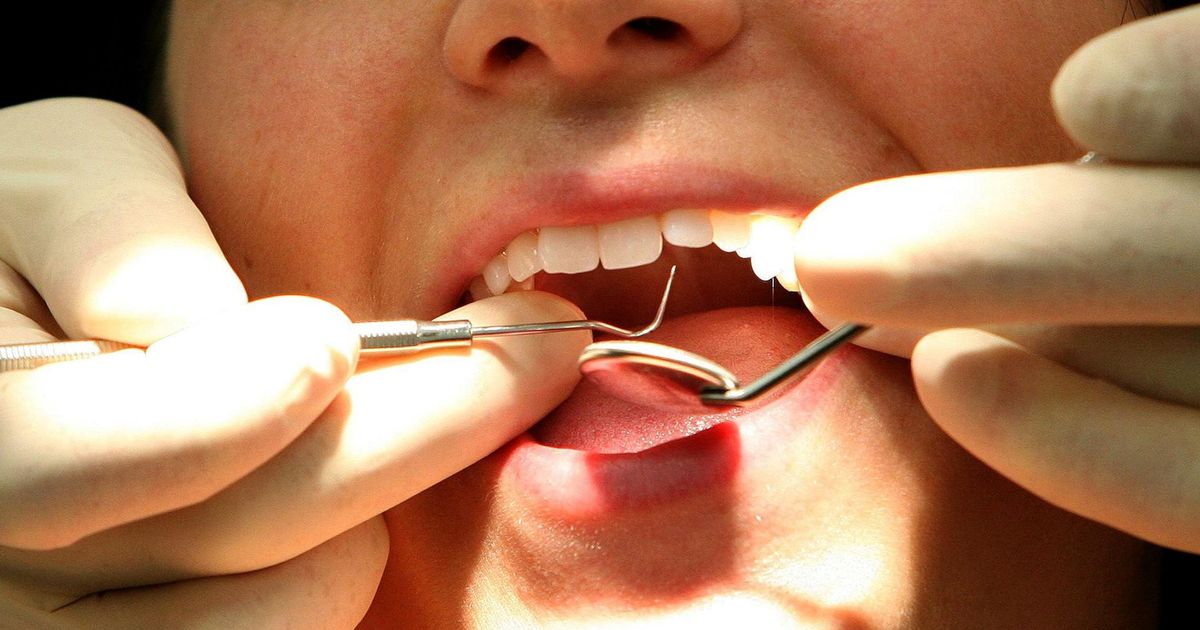Ever since the Covid-19 pandemic, getting a dentist appointment has been far from an easy feat
Olivia Sheed is an audience writer and journalist at ChronicleLive. She joined in January 2025, and writes about nearly anything North East audiences are interested in, specialising in film, technology and travel.
 The issue of NHS dentistry is nothing new(Image: PA)
The issue of NHS dentistry is nothing new(Image: PA)
I’ve always had a complex relationship with the dentist. Following a botched anaesthetic during a childhood filling, I left the dentist’s chair rather scarred after feeling the dental drill boring into my jaw.
The phobia persisted into my late teens and early twenties, but it was as I got older that I noticed a trend. Appointments were no longer six-monthly; they were yearly.
I wasn’t sure what to make of it at the time. I was mostly relieved I wouldn’t have to relive the trauma of one bad appointment as often as before. It wasn’t until recent years that I realised the reason I’ve been able to avoid the dentist is more than having good oral health.
The NHS dental sector is on its knees, and has been for some years now. The publicly-funded health service is short of thousands of dentists, as the money to work for the NHS is simply not there, compared to private practices.
The cost of living crisis and lack of NHS funding have seen more dentists leave, either moving abroad or setting up their own private practices. But this isn’t about greed for them; it’s about survival.
Dentists are increasingly stopping doing NHS-funded work because their fees for many procedures do not even cover the costs involved. This assessment is by the British Dental Association (BDA) and reported by The Guardian.
Dentists lose £42.60 every time they fit dentures and £7.69 on each examination of a new patient’s dental health. When the NHS was paying for the treatment, it said, effectively subsidising the NHS with every dental appointment to the tune of over £332 million a year.
Similarly, its calculations showed that a practice lost £40.60 on dental surgery involving bone removal and £21 on a molar root canal and crown treatment.
I am unfortunately aware of the latter. Following a failed filling, I needed a root canal, and they missed a root. This meant that six months later, when my toothache persisted, they took another X-ray from another angle, and lo and behold, it appeared.
The dentist’s solution was to remove the tooth, or I could pay to go elsewhere to have it fixed under a microscope. I opted for private care, and so have seen both sides when it comes to dentistry.
For a while, I was somewhat bitter about it never being spotted by my NHS dentist. But seeing the true cost to the dental industry today, I realised that they were simply doing the best with what they had.
If you ask anyone walking down the street if they feel they can see their dentist whenever there is an issue, you’d get a very complex answer. Horror stories of desperate people pulling out their own teeth as a last resort have shaken the foundations of NHS dental care, and it’s not hard to see why.
Just a week ago, Verne Road Dental Practice in North Shields blamed financial and staffing strains for its move to limit NHS access to children, vulnerable adults and those in acute pain. The clinic said it faced challenges including “funding, increasing staff and material costs as well as recruitment difficulties” and was having to make “crucial decisions to ensure our practice survives”.
This is just the latest instance of local dentistry being hit, and the patients bearing the brunt.
MP Sir Geoffrey Clifton-Brown said, “NHS dentistry is broken.” But I believe that it could be shortened to “the NHS is broken”, through no fault of the staff who work there. I’m the daughter of an NHS nurse, and so I have always been surrounded by the politics of our national healthcare system, shown through the frustrations of my mother when I would visit home.
But that’s a whole different story, a much bigger story that can’t be handled in one article alone. Have you seen a change in your NHS dental care over the years? Let us know.
